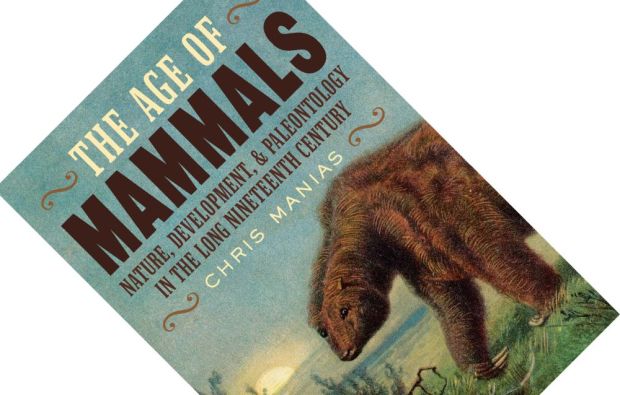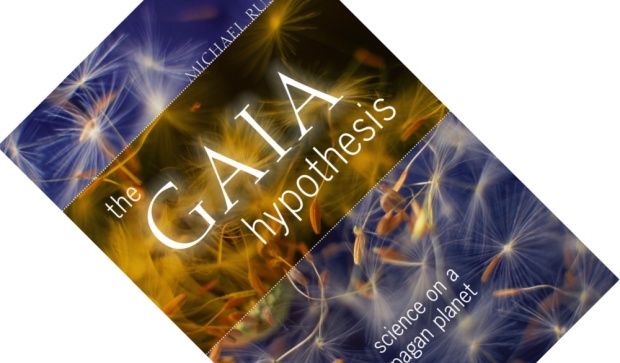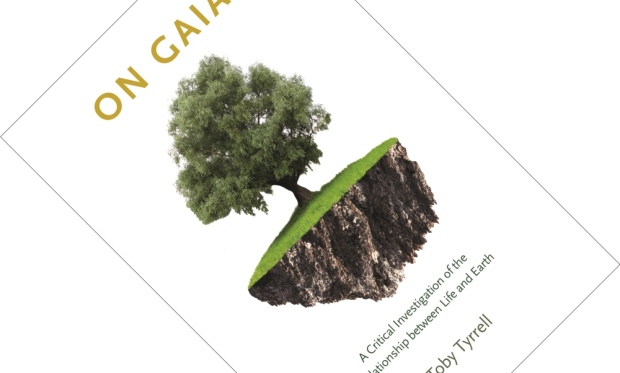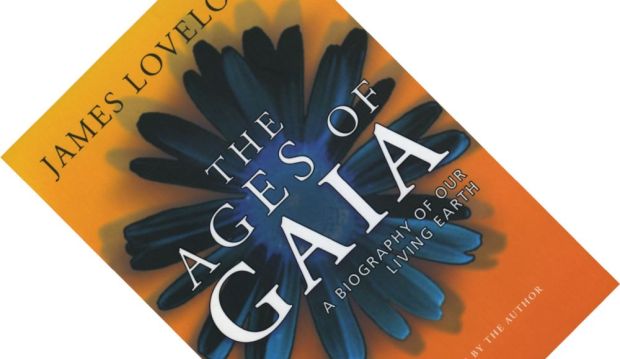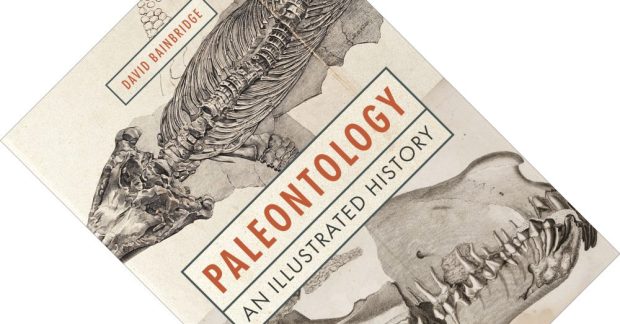9-minute read
keywords: history of science, paleontology
In modern palaeontology, dinosaurs always hog the limelight. However, as science historian Chris Manias shows in The Age of Mammals, for a long time this was not the case. This scholarly book shows how palaeontology, from its inception in the 1700s until the 1910s, revolved around mammals. In a wide-ranging book that examines historical episodes around the world, Manias convincingly shows that you cannot understand the history of palaeontology without considering mammals.
